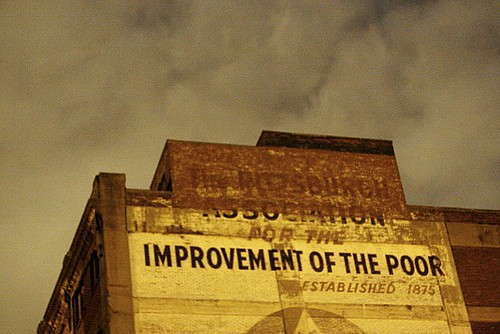Why is it so hard for the poor to escape poverty even when they start making more money?
.We present a model in which individuals’ preferences are defined over their consumption, transfers to offspring, and social status associated with income. We show that a separating equilibrium exists where individuals’ expenditure on conspicuous consumption is a signal for their unobserved income. In this equilibrium, poor families that climb up the social ladder by the accumulation of wealth engage in conspicuous consumption that prevents them from escaping poverty. Our model may explain why the poor make some choices that do not appear to help them escape poverty.
Source: “Status and Poverty” from Journal of the European Economic Association, April/May 2010, Vol. 8, No. 2-3, Pages 413-420
Related posts:
What’s the relationship between money, ambition, and happiness?
How much do street prostitutes earn?
Does how popular you were in high school affect how much money you make later in life?






